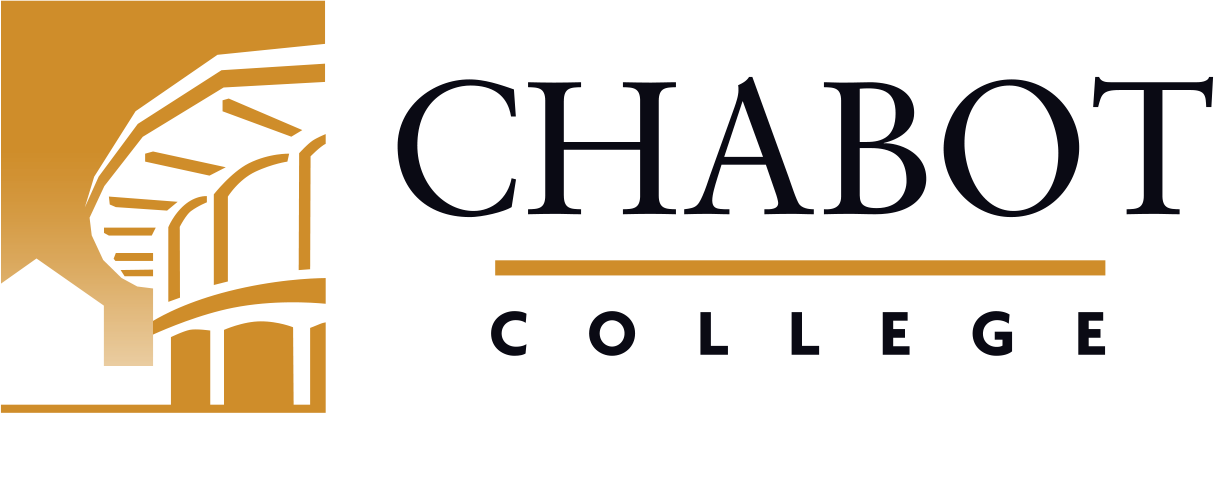
Course Outline for Art 202
Painting and Drawing for Mature Adults
Effective: Spring 2020
SLO Rev: 04/18/2019
SLO Rev: 04/18/2019
Catalog Description:
ART 202 - Painting and Drawing for Mature Adults
105.00 Hours
May be repeated 99 time(s)
This noncredit course offers an individualized program of painting for the mature adult. Applications of basic principles of composition and color. Covers as well as techniques, materials and terminology of two-dimensional image making will be covered in a hands-on studio format. This is a non-credit course.
1002.10 - Painting and Drawing
Pass/No Pass/Satisfactory Progress
| Type | Hours |
|---|---|
| Lecture | 35.00 |
| Laboratory | 70.00 |
| Total | 105.00 |
Measurable Objectives:
Upon completion of this course, the student should be able to:
- Prepare painting and drawing supports and ground surfaces.
- Use correct painting terminology.
- Control the fundamentals of both direct and indirect painting techniques, including glazing.
- Use tools such as brushes and painting knives.
- Use the elements of composition.
- Mix and use paints of various values.
- Apply the principles of color theory and practical color mixing.
Course Content:
Course Content (Lecture):
- Acrylic supports and grounds and their preparation
- Painting terminology
- Direct and indirect painting, including glazing
- Uses of brushes and painting knives
- Elements of composition
- Value
- Color theory and its application to practical color mixing, color schemes
- Color effects such as spatial recession, complementaries, imprimatura, and transparency
- Surface treatment such as scumbling, undertone, impasto
- Still life, landscape, figural and non-representational painting
- Artistic assumptions
- Art as a vehicle of expression
- Historical and contemporary developments, critical trends, materials, and approaches in painting, including representational, expressive, abstract, or non-objective approached
Course Content (Studio):
- Creation of acrylic supports and grounds
- Apply direct and indirect painting, including glazing during the painting process
- Use a variety of brushes and painting knives
- Application elements of composition in their paintings
- Use of grisaille process in painting
- Application of color theory and its application to practical color mixing, color schemes
- Use of color effects such as spatial recession, complementaries, imprimatura, transparency, etc., while developing their paintings
- Application of surface treatment such as scumbling, undertone, impasto
- Painting of a still life, landscape, figural and non-representational painting
- Application of art as a vehicle of expression
Methods of Instruction:
- Portfolio Development
- Lecture/Discussion
- Demonstration/Exercise
- Studio
- Hands-on Activities
- Distance Education
Assignments and Methods of Evaluating Student Progress:
- Paint a picture based on the concept: work large, continue with intermediate shapes and complete with small, detailed shapes, which clarifies the composition. Begin the painting with large brushes and lays out the large color shapes, then work in the intermediate shapes to start the process of clarification. Complete the painting with detailed shapes with small brushes (#0-3).
- Paint a picture using only the glaze techniques. The painting should never combine white with any color. No opaque colors other than white, which may be used separately and not in conjunction with a color. The colors must be combined with a medium to lay down transparent, clear color layers and must be built up with numbers of glazes to reach brightness or darkness.
- Draw a picture based on a photograph. Students will use the triangle grid method to enlarge and alter of change the image. Image will be completed in black and white. Once the black and white image is complete, students add color to the piece through a glazing process.
- Critique
- Portfolios
- Projects
- Written assignments
Upon the completion of this course, the student should be able to:
- Create and finish paintings;
- use basic composition strategies with color;
- paint with ease and confidence.
Textbooks (Typical):
- Edwards, Betty (2015). Color TarcherPerigee.
- Paint, brushes, mediums, ground, palette knife, gesso, and paper
Abbreviated Class Schedule Description:
This noncredit course offers an individualized program of painting for the mature adult. Applications of basic principles of composition and color. Covers as well as techniques, materials and terminology of two-dimensional image making will be covered in a hands-on studio format. This is a non-credit course.